Description
It is a matter of public record and established law that every State within the Union operates as a corporate entity. The so-called “State government” is not a sovereign body politic in the classical sense, but a creature of charter whose existence and powers derive from its Constitution—the functional equivalent of a corporate charter. Just as a corporation cannot act outside the four corners of its Articles of Incorporation, a State cannot act outside the framework of its Constitution.
Each State maintains a bicameral legislative structure—a House and a Senate—that functions identically to a corporate board of directors, promulgating statutes that serve as bylaws binding upon those who voluntarily associate with the corporate entity as “residents” or “citizens.” These statutes do not operate as natural law; they operate as commercial instruments within a corporate jurisdiction.
This fact is further evidenced by the following:
- States sue and are sued in their own names, own property, and issue bonds—functions that belong to corporate bodies.
- States register commercial identifiers, including D-U-N-S numbers and securities listings, further confirming their corporate capacity.
- Courts and legislatures within each State act as agents and officers of the corporate entity, bound by fiduciary duty to the charter (Constitution).
Accordingly, the “State” is not a sovereign master over the People; it is a corporate service provider, chartered to administer the public trust and execute the limited powers granted to it. To understand the State as a corporation is to expose the true nature of its authority, its limitations, and the commercial character of all interactions within its jurisdiction.
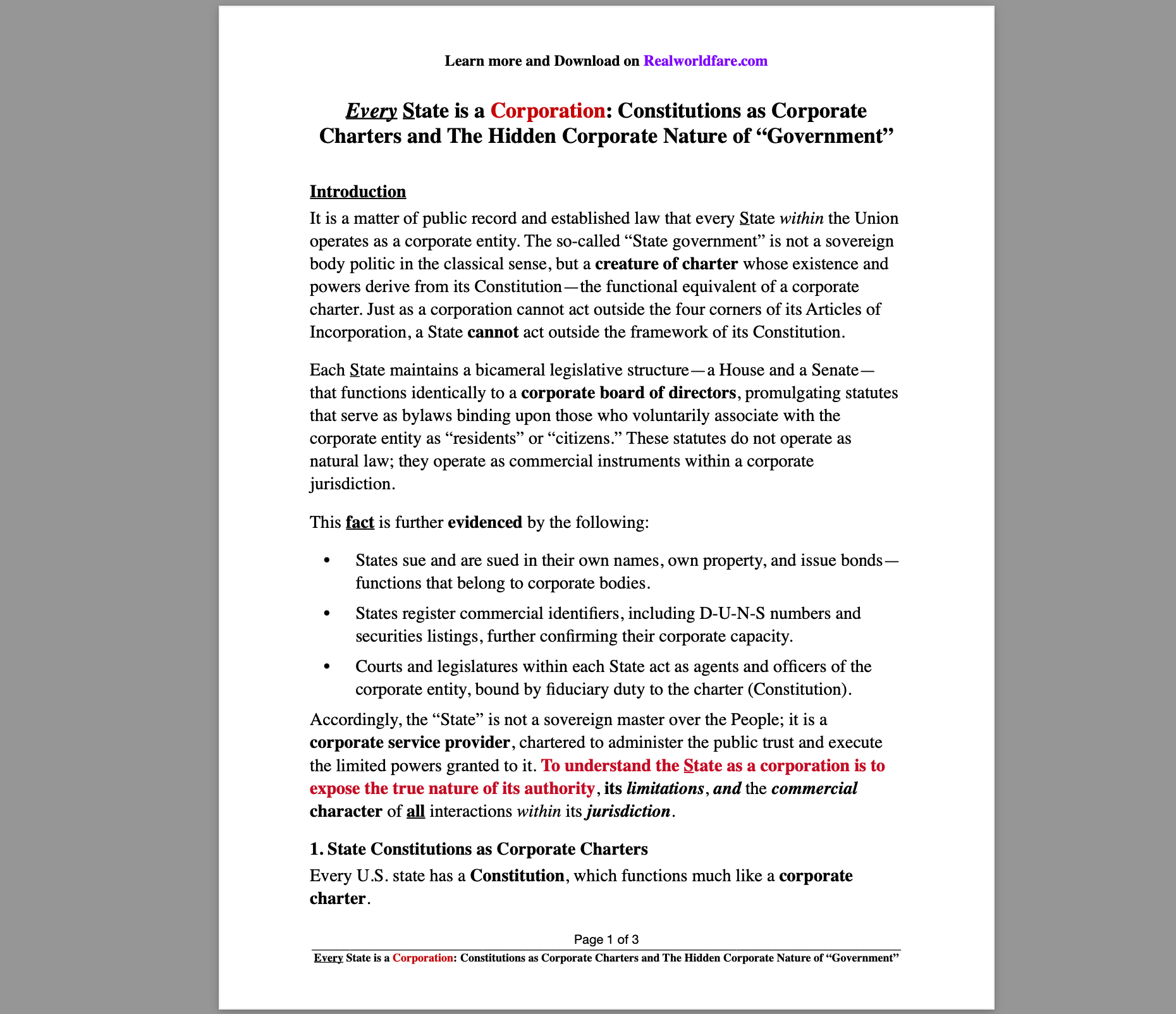
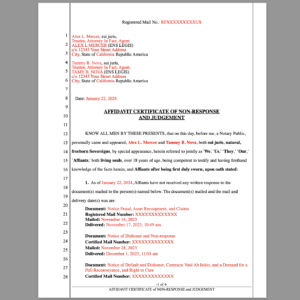
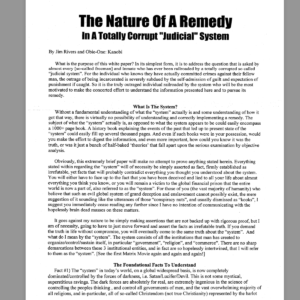
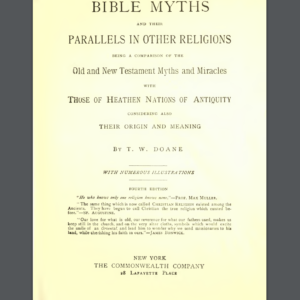
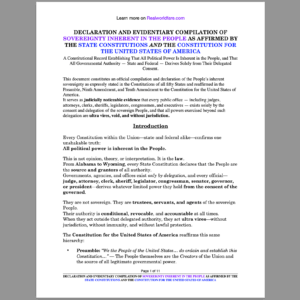
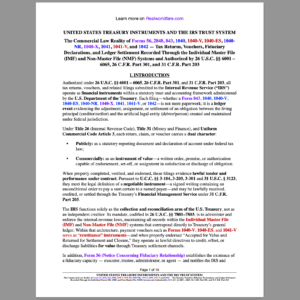




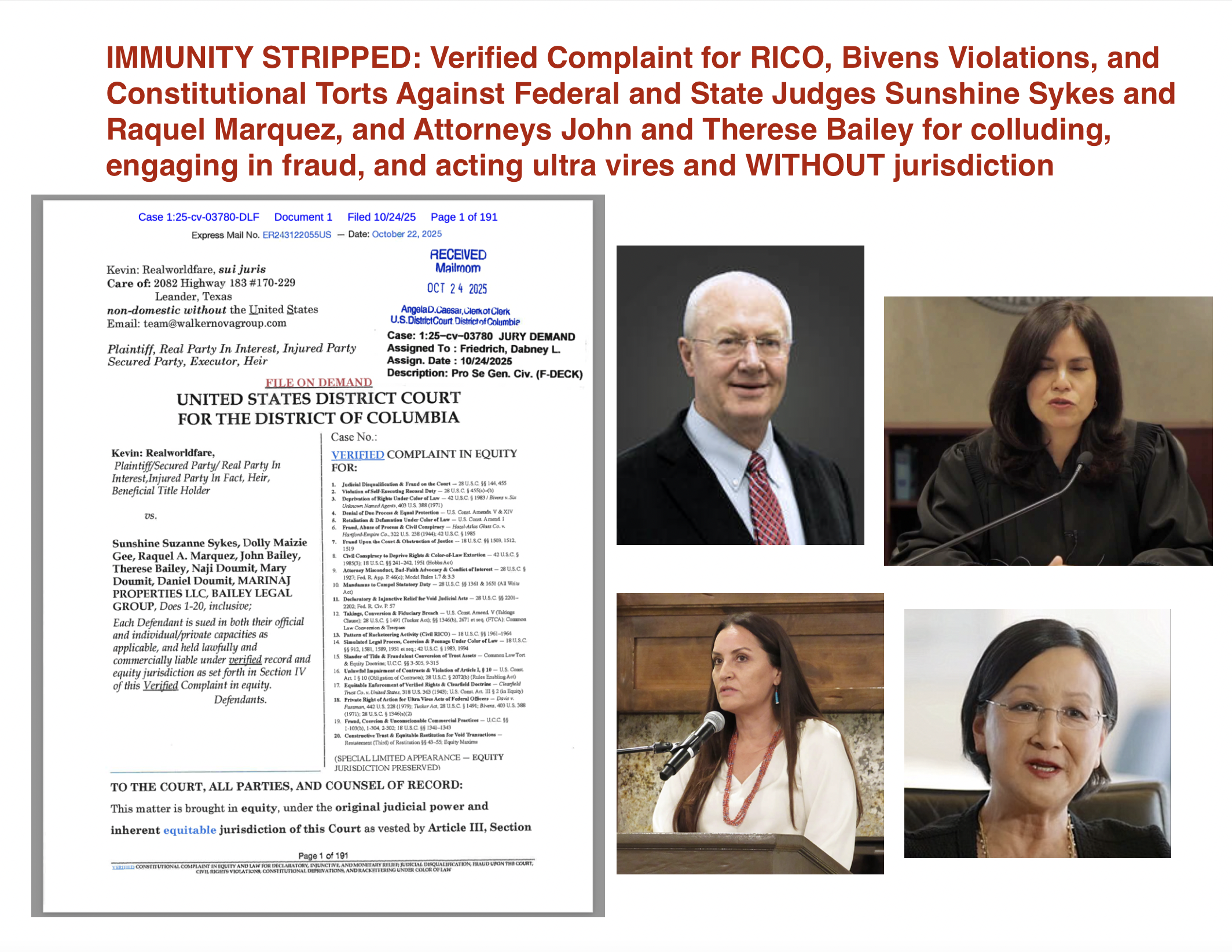
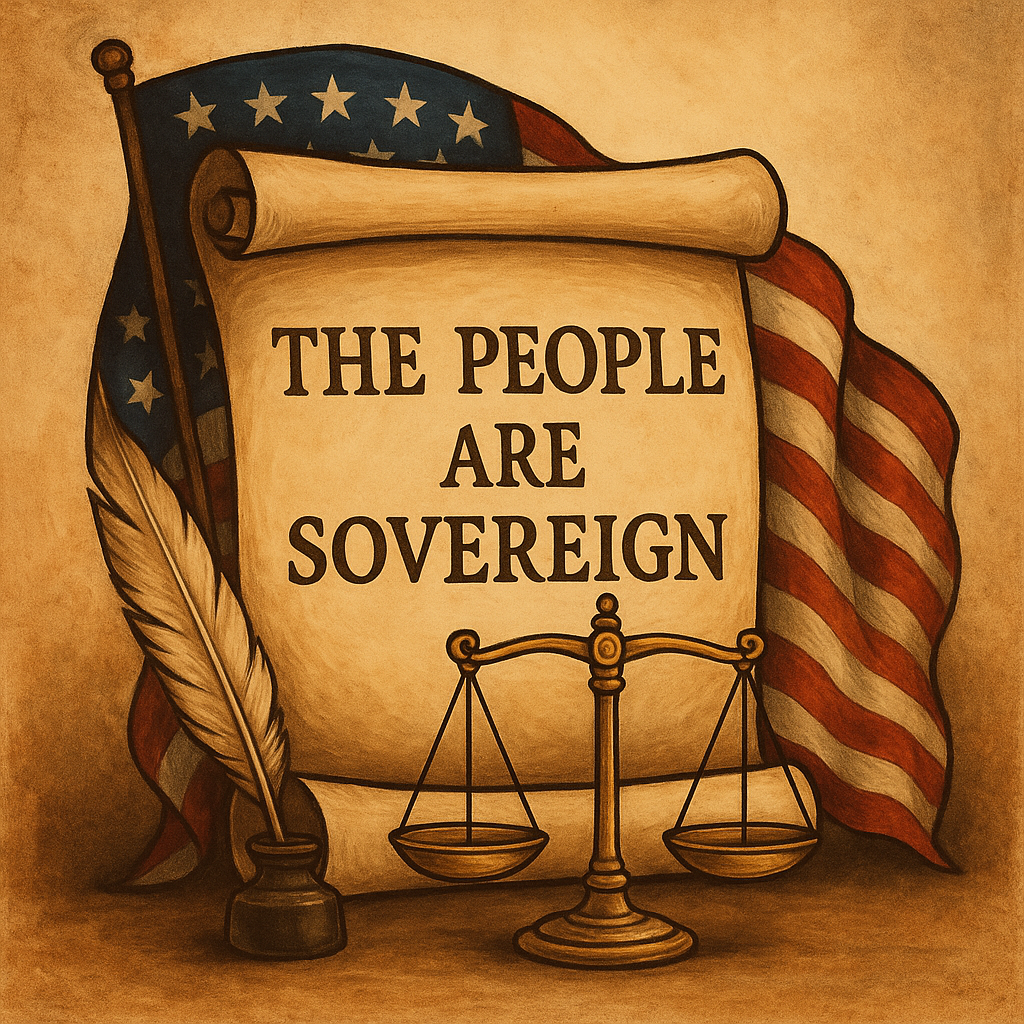
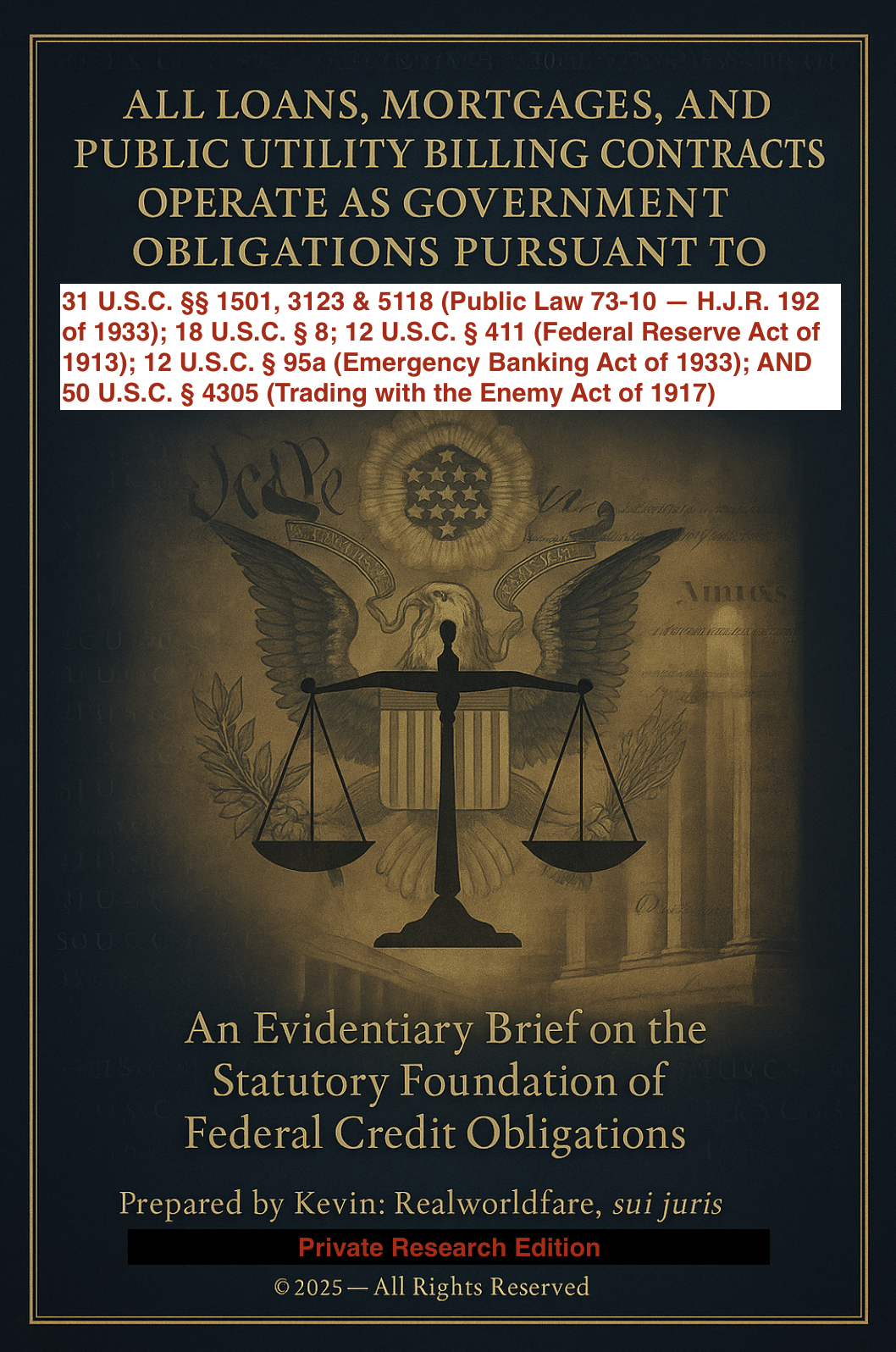
Reviews
There are no reviews yet.